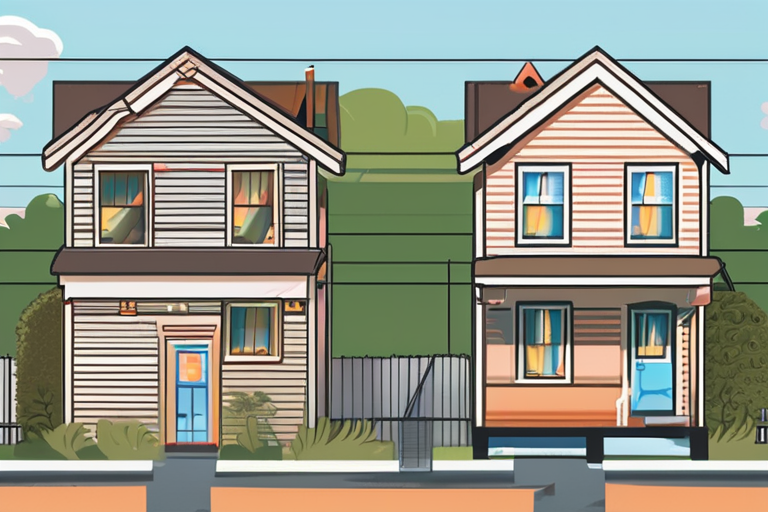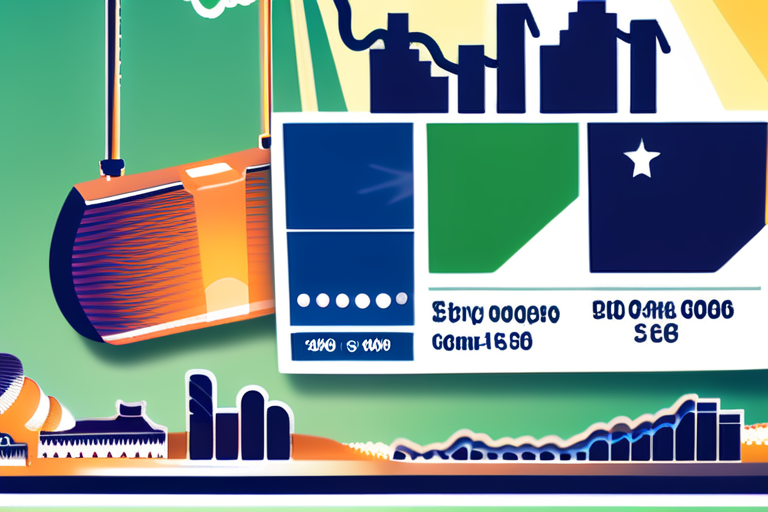Arduous and Unequal: The Fight to Get FEMA Housing Assistance After Helene
In the aftermath of Hurricane Helene, thousands of North Carolinians turned to the Federal Emergency Management Agency (FEMA) for housing assistance. However, an analysis by ProPublica and The Assembly reveals that the process has been marred by unequal distribution of aid, with wealthier households receiving significantly more support than lower-income ones.
According to data obtained through a public records request, in some rural counties hardest hit by Helene, homeowners with the highest incomes received two to three times as much FEMA housing assistance as those with lower incomes. This disparity has left many struggling to rebuild their lives.
"We're talking about people who have lost everything," said Susie Hill, a homeowner in one of these affected areas. "It's not just about the money; it's about the principle. Why should someone who can afford a bigger house get more help than someone who is barely scraping by?"
The analysis found that in counties such as Pender and Brunswick, where Helene made landfall, FEMA awarded an average of $20,000 to households with incomes above $100,000. In contrast, those with incomes below $50,000 received an average of just $6,000.
Under the Trump administration, FEMA has faced significant budget cuts, resulting in a loss of hundreds of workers and reduced capacity to respond to disasters. This has exacerbated the challenges faced by affected communities.
"FEMA's resources are stretched thin," said Brian Hill, Susie's husband. "It's like they're trying to put out fires with a teaspoon of water."
The unequal distribution of aid raises questions about fairness and equity in disaster relief efforts. Critics argue that FEMA's policies favor wealthier households at the expense of those who need it most.
"This is not just a matter of bureaucratic inefficiency; it's a matter of policy," said Ren Larson, co-author of the analysis. "FEMA needs to rethink its approach to ensure that aid reaches those who are truly in need."
As the one-year anniversary of Helene approaches, many affected communities continue to struggle with the aftermath of the storm. While some have received FEMA assistance, others remain stuck in limbo.
"We're still waiting for help," said Susie Hill. "It's like we're invisible to the system."
In response to these concerns, FEMA has announced plans to review its policies and procedures to ensure more equitable distribution of aid. However, critics argue that this is too little, too late.
"FEMA needs to do more than just tweak its policies," said Larson. "It needs to fundamentally change the way it approaches disaster relief."
As the nation grapples with the challenges of climate change and natural disasters, the unequal distribution of FEMA housing assistance after Helene serves as a stark reminder of the need for more equitable and effective disaster relief efforts.
Background:
Hurricane Helene made landfall in North Carolina on September 27, 2024, causing widespread destruction and flooding. The storm affected thousands of households, with many left without homes or access to basic necessities.
Additional Perspectives:
"FEMA's policies are designed to help those who need it most," said a FEMA spokesperson. "However, we acknowledge that there may be issues with implementation and are committed to reviewing our procedures to ensure more equitable distribution of aid."
"This is not just about FEMA; it's about the broader system of disaster relief in this country," said a disaster relief expert. "We need to rethink how we respond to disasters and prioritize those who are most vulnerable."
Current Status:
FEMA has announced plans to review its policies and procedures to ensure more equitable distribution of aid. However, critics argue that this is too little, too late.
Next Developments:
ProPublica and The Assembly will continue to monitor the situation and provide updates on any changes to FEMA's policies or procedures. In the meantime, affected communities are urged to contact their local representatives to demand more equitable disaster relief efforts.
*Reporting by Propublica.*



 Hoppi
Hoppi

 Hoppi
Hoppi

 Hoppi
Hoppi

 Hoppi
Hoppi

 Hoppi
Hoppi

 Hoppi
Hoppi











